Defal 30 mg Tablets: Each tablet contains 30 mg of deflazacort.
Introduction to Defal 30 mg
Indications of Defal 30 mg
Deflazacort is indicated in
- Anaphylaxis, asthma, severe hypersensitivity reactions
- Rheumatoid arthritis, pediatric chronic arthritis, polymyalgia rheumatica
- Systemic lupus erythematosus, dermatomyositis, mixed connective tissue disease other than systemic sclerosis, multiple nodules, sarcoidosis
- Pemphigus, bullous pemphigoid, pyoderma gangrenosum
- Minimal change renal syndrome, acute interstitial nephritis
- rheumatic carditis
- Ulcerative colitis, Crohn’s disease
- Uveitis and optic neuritis
- Autoimmune hemolytic anemia, idiopathic thrombocytopenic purpura
- Acute lymphoblastic leukemia, malignant lymphoma, multiple myeloma
- Immunosuppression in culture
Defal 30 mg – Mechanism of Action
Glucocorticoids
Deflazacort provides an anti-inflammatory action by inhibiting the enzyme Phospholipase A2 Responsible for the synthesis of prostaglandins.
Besides, deflazacort reduces the release of certain chemicals that are important in the immune system. By decreasing the release of these chemicals, deflazacort provides an immunosuppressive action.
Deflazacort is a synthetic glucocorticoid with similar anti-inflammatory properties to other corticosteroids, but with a different safety profile due to its lower activity on bone and carbohydrate metabolism.

Pharmacokinetic properties for Defal 30 mg
When taken orally, deflazacort is well absorbed and immediately converted by plasma citrate to the active metabolite.
(21-OH deflazacort) this metabolite reaches its highest plasma levels within 1.5 to 2 hours. The metabolite, which was found to be 40% bound to plasma proteins, has no affinity for transcortin. The average plasma life is 1.1 to 1.9 hours.
Excretion occurs primarily by the kidneys, with 70% of the urine excreted from the compound within the first eight hours after administration. The remaining 30% is excreted in the feces.
You may also want to read: Types of breast surgery for cancer in UAE
Dosage and method of use for Defal 30 mg
The initial dose in adults may vary between 6 and 90 mg/day and in children between 0.25 and 1.5 mg/kg, depending on the severity of the disease to be treated and the progression of the disease. This initial dose should be maintained or adjusted in order to obtain a satisfactory clinical response
The maintenance dose should be the minimum dose capable of controlling symptoms. The dose should always be reduced gradually, in order to allow the restoration of the function of the hypothalamic-pituitary axis.
Grown ups
For acute disorders: up to 120 mg/day of deflazacort may be required initially. Maintenance doses in most cases are in the range of 3-18 mg/day
Rheumatoid arthritis: The maintenance dose is usually in the range of 3-18 mg/day. The smallest effective dose should be used and increased if necessary
Bronchial asthma: In the treatment of an acute attack, high doses of 48-72 mg/day may be required depending on severity and gradually reduced once the attack is under control. For the prevention of chronic asthma, doses should be titrated to the lowest dose that controls symptoms
Other conditions: The dose of deflazacort is based on the clinical need for the lowest effective maintenance dose. Starting doses can be estimated based on the ratio of 5 mg prednisone or prednisolone to 6 mg
Children
There has been limited exposure of children to deflazacort in clinical trials. In children, the indications for glucocorticoids are the same as for adults, but it is important to use the lowest effective dose. Alternative daily management may be appropriate. Deflazacort doses are usually in the range of 0.25-1.5 mg/kg/day.
Contraindications of Defal 30 mg
Hypersensitivity to any of the components of the preparation Patients receiving live immunization against the virus
Corticosteroids are contraindicated for longer than the period of replacement or short-term emergency treatment in the following cases:
Peptic ulcers, bacterial and viral infections such as active tuberculosis, ocular herpes simplex, herpes zoster viral phase, chicken pox, as well as systemic fungal infections and during the pre- and post-vaccination period.
Side effects of Defal 30 mg
Disorders of the digestive system, disorders of the musculoskeletal system, endocrine glands, neuropsychiatric diseases, ophthalmic disorders, fluid and electrolyte disorders; Prone to infection, poor healing, hypersensitivity, skin atrophy, striae, telangiectasia, acne, post-ML myocardial rupture, thromboembolism
Read also: Breast surgery price in Dubai (4 Key influencing Factors)
Storage conditions of Defal 30 mg
Store in a cool dry place below 25°C, away from light and moisture. Keep out of the reach of children.
Price of Defal 30 mg in UAE
49 AED
For more information about Defal 30mg price and alternatives, here are all you want.
How Defal 30 mg works
Defal tabs contains the active ingredient Deflazacort, which belongs to a class of medications known as corticosteroids. Corticosteroids are naturally occurring hormones that are produced by the adrenal glands, and they play a role in regulating a wide range of bodily processes, including inflammation, immune response, and metabolism.
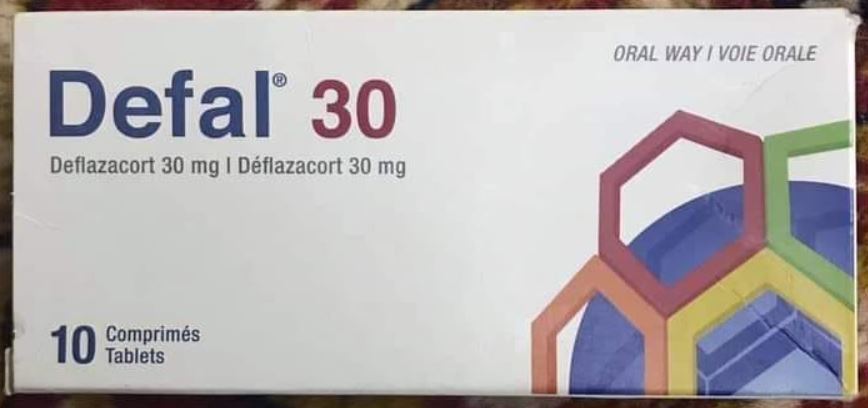
Deflazacort works by reducing inflammation and suppressing the immune system. It does this by binding to specific receptors in the cells, which then activates or inhibits certain genes, leading to a decrease in the production of inflammatory mediators, such as prostaglandins and leukotrienes. This helps to reduce swelling, redness, and pain associated with inflammation.
In addition, Deflazacort also acts on the immune system by suppressing the activity of certain immune cells, such as lymphocytes and monocytes. This can help to reduce the immune response, which can be helpful in treating conditions where the immune system is overactive, such as autoimmune diseases.
Overall, Defal works by modulating the body’s inflammatory and immune response, helping to reduce inflammation and control symptoms associated with a wide range of conditions. It is important to note that Defal tabs should only be used under the supervision of a healthcare professional and should not be used to self-treat any medical conditions.
Dosage recommendations for adults and children
Defal 30 mg is an oral medication that comes in the form of tablets. The recommended dosage of Defal may vary depending on the condition being treated, age, and other factors.
For adults, the usual recommended dose of defal is 1 tablet (30 mg) taken orally once a day. This dose can be taken with or without food. It is important to follow the instructions provided by the healthcare provider or pharmacist regarding the dosage and duration of treatment.
For children, the dose of Defal is determined based on their age and weight. The healthcare provider or pharmacist can provide the appropriate dose based on the child’s age and weight. Children under the age of 12 should not take Defal without consulting a healthcare provider.
It is important to follow the recommended dosage of defal and not to exceed it. Exceeding the recommended dose can lead to an increased risk of side effects without providing additional benefits. In case of any doubts or concerns about the appropriate dosage of defal, it is important to consult a healthcare provider or pharmacist.
How Defal is absorbed and excreted
Defal is absorbed in the gastrointestinal tract after oral administration. The active ingredient, deflazacort, is rapidly and extensively absorbed and reaches peak plasma concentrations within 1-2 hours. The absorption of deflazacort is not affected by food, but it may be delayed by the presence of antacids.
Deflazacort is extensively metabolized in the liver and excreted mainly via the kidneys in the form of metabolites. The metabolites are primarily eliminated through urine and feces. The elimination half-life of deflazacort is approximately 18-36 hours, and its clearance is mainly dependent on liver function.
In patients with impaired renal or hepatic function, the elimination of deflazacort may be decreased, leading to higher plasma concentrations of the drug and a longer half-life. Therefore, caution should be exercised when prescribing defal to these patients, and the dosage may need to be adjusted accordingly.
It is important to follow the recommended dosage and administration instructions provided by your healthcare provider to ensure that defal is effectively absorbed and excreted from your body.


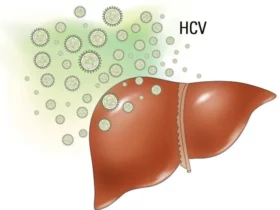

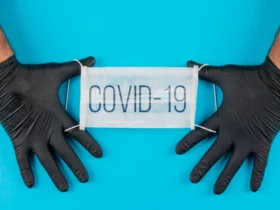

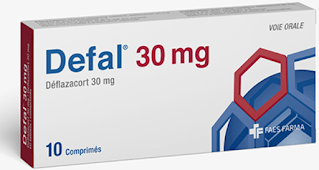
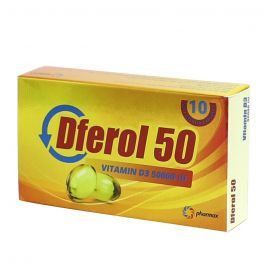
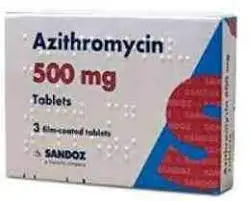
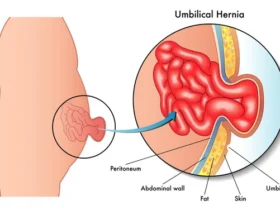
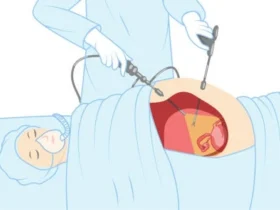
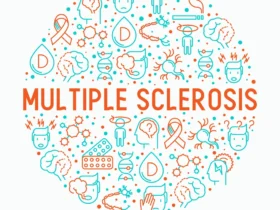
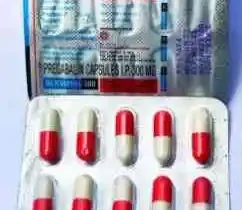


Leave a Reply